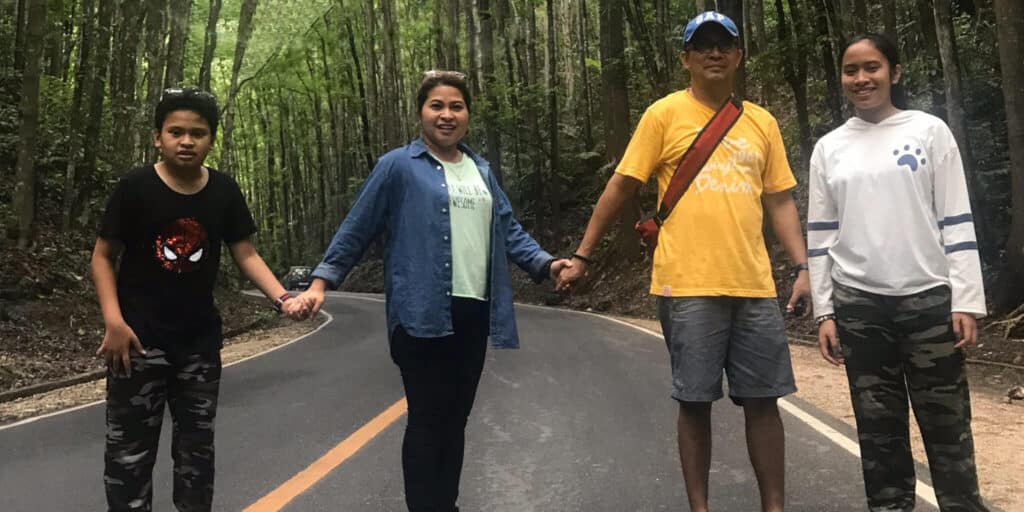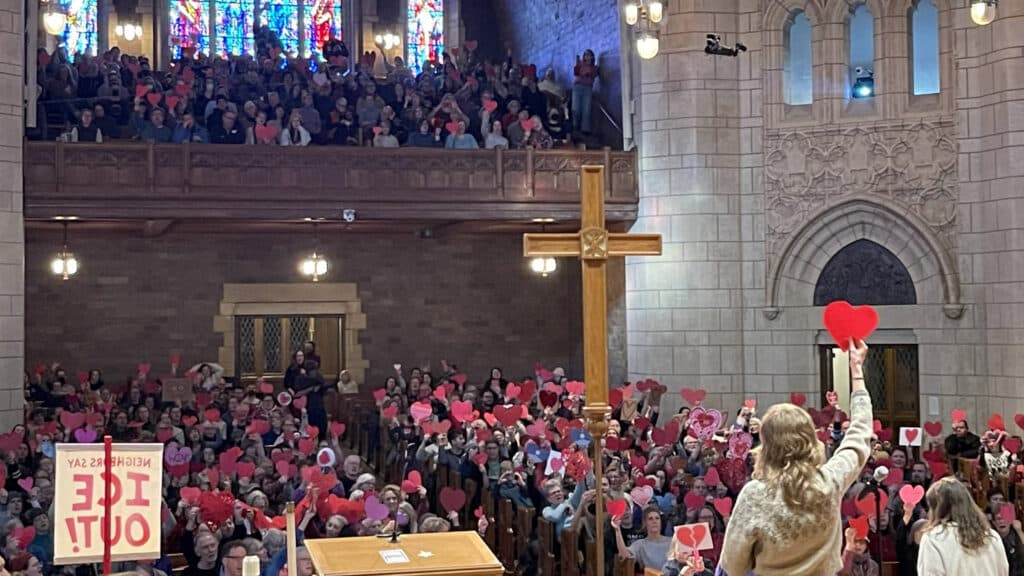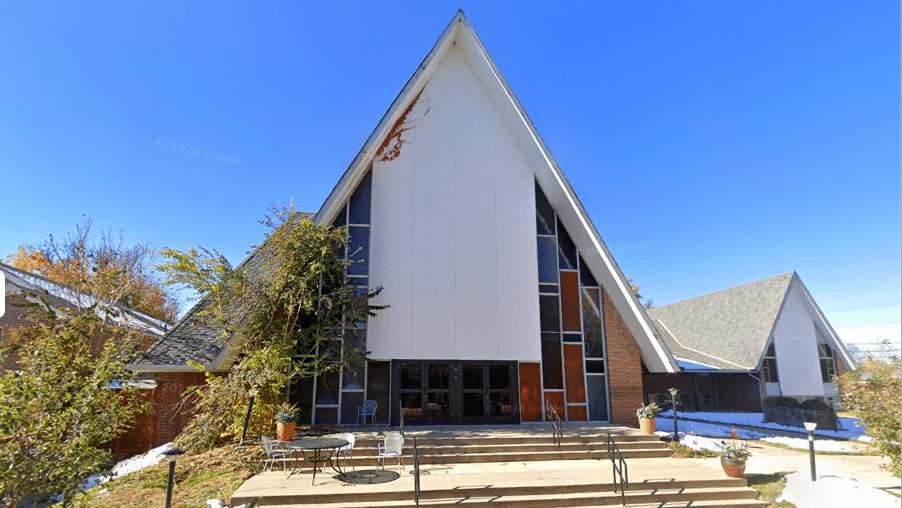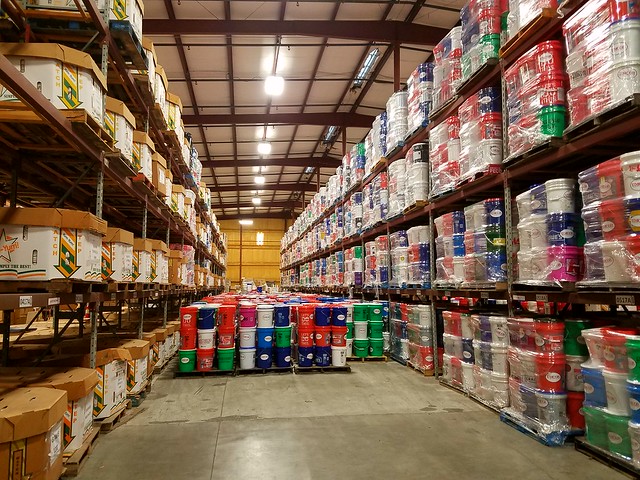March 2020 | ATLANTA
This is the first thing you need to know about Mohib: he may be small in stature, but he is big in heart.
When the government of Bangladesh began repatriating—often forcibly—their unwanted Rohingya Muslim refugees back to their homeland of Myanmar (formerly known as Burma), Mohib wondered if he and his family would be next.
Returning to Myanmar was unthinkable. His family had crossed over into Bangladesh to escape the killings, forced labor, and other atrocities committed by the Myanmar government. They had then managed to avoid the violent and disease-ridden refugee camps in Bangladesh, and tried to make a life for themselves in their new surroundings. They worked at any job they could find, and were forced to move constantly to avoid scrutiny from the government authorities.
The worst thing, perhaps, was that the government did not allow the Rohingya to pursue education past elementary school. Mohib had always valued learning; this prohibition, on top of so many others, was very hard to bear.
There was little hope for them in Bangladesh. But to return to Myanmar meant death.

PHOTO CREDIT: VOICE OF AMERICA
Many Rohingya have tried to escape by land to India or to other parts of Malaysia on dangerously overcrowded boats. Far too many have died in these desperate attempts for safety.
Mohib was young and newly married. His wife had a mother and other relatives. How could they all get out? Where would they go?
In the end, the family pooled their money together to pay a smuggler.
In military jargon, the “forlorn hope” is the name given to soldiers chosen to lead an action where the risk of danger is high. Mohib was, in a way, like those soldiers. He left Bangladesh as a stowaway on a cargo ship, staying out of sight of the crew in the belly of the ship’s hold, and hiding his conveniently slight frame in the confines of a garbage container whenever the ship docked at a port.
The ship was destined for America.
When Mohib and his wife Tasmin came to Just Neighbors, they were already settled members of the community and the parents of two young children. Most importantly, they had both gone through the long process of becoming U.S. citizens, and could now petition for Mustakima —Tasmin’s mother— to join them.
They had sufficient funds to sponsor Mustakima, but not enough to pay for a private attorney. Volunteer attorney Cynthia Ingersoll was assigned to their case.
Tasmin’s petition to sponsor her mother was approved, but because Mustakima—as a Rohingya in Bangladesh—was stateless and unable to obtain a passport from any country, Cynthia applied for humanitarian parole for her. It was granted and everything seemed set for the longed-for family reunion.
Mustakima went to the U.S. Embassy in Dhaka, Bangladesh’s capital city, for her visa interview. She was approved, but when she went to pick it up the next day, the consular officer told her they would not give it to her until she had an exit visa issued from Bangladesh.
“And the Bangladesh government policy was iron-clad,” says Cynthia, with frustration. “They would not issue an exit visa to any Rohingya, not even a relative of a U.S. citizen.
“The problem,” she explains, “is that Bangladesh doesn’t allow Rohingyas to leave unless they are returning to Myanmar. Even though there are over a million Rohingyas living in Bangladesh, they are stateless and without official refugee status. Bangladesh does not want to become an official transit point for refugees.”
Cynthia hit a brick wall and could go no further. She even contacted the Bangladesh embassy in Washington, D.C. to ask them to grant an exemption.
“This is a very sensitive issue,” they told her. “We’ll get back to you.”
And, of course, they never did.
The family realized they would need to smuggle Tasmin’s mother into India.
Once again, they pooled their money together to pay the smugglers and the necessary bribes to the border control agents and other officials Mustakima would meet along the way. It’s over 1,000 miles from Bangladesh to Delhi; a long and anxious journey for both Mustakima and the people—including Cynthia—following her progress.
At long last, Mustakima reached her destination, and immediately registered with the UN as a refugee.
“And then something very magical happened,” says Cynthia, with a huge smile.
“Senator Warner’s office stepped in to help,” she continues. (Mark Warner is Virginia’s senior senator.) “They were truly wonderful. They facilitated getting her case files transferred from Bangladesh to India. They dealt with the U.S Citizenship and Immigration Services (USCIS) to issue her a renewal of her humanitarian parole which, by this point, had expired.”
Cynthia’s role became one of coordinating the numerous and critical elements that all contributed to finally getting Mustakima her visa and on a plane destined for Washington Dulles airport. A very happy family reunion awaited her.
The family would eventually need to apply for Mustakima’s green card, but they would have to go elsewhere if they needed legal assistance with that. They were now making enough money that they no longer qualified for Just Neighbors’ services.
Mohib works long shifts as an Uber driver and his wife has a little shop where she sells handmade Bangladeshi items. Mustakima takes care of the kids when they aren’t in school.
The entire family, says Cynthia, are united in “raising good kids who are respectful and are being taught the value of education.”

PHOTO CREDIT: VOICES OF AMERICA
Not so long ago, parents, grandmother and the younger daughter came to visit the Just Neighbors office. “We are very grateful for your generosity,” Mohib wrote to Cynthia.
Words are wonderful, but sometimes actions are even better. Tasmin and her mother brought in a serving tray heaped with delicious spicy noodles and lamb. They smiled as staff and volunteers made appreciative noises and dug in to this unexpected treat.
“Thank you,” said Tasmin, smiling shyly as she moved the tray closer. “Please have more.”




